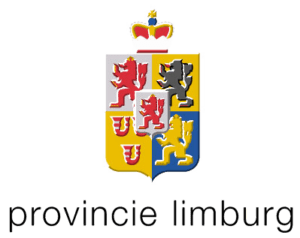The concept of ‘Broad Prosperity’ has been receiving attention in Dutch politics for years. Politicians are increasingly focusing on the broad prosperity framework and how it influences their decision making and policy making.
There are two academic movements that have developed a concept of broad prosperity in the Netherlands: first, the CBS (Central Bureau of Statistics) definition and secondly the method of Raboresearch together with Utrecht University, which have developed a Broad Prosperity Index (BWI).
The national government and increasingly the provinces (like Provincie Limburg) use the CBS way of thinking. However, this foundation for decision-making and accountability is still very much under development.
The definition of broad prosperity and the indicators used to measure broad prosperity as used by CBS, are:
- Balanced economic growth, consistent with sustainable development.
- The greatest possible labor participation.
- A reasonable income distribution.
During this Executive period (2023-2027), Provincie Limburg has started organizing data that will ultimately give better insight into the broad prosperity in Limburg. In addition, a broad prosperity knowledge team has been set up within the Strategy and Communication Cluster since 2023. However, thinking in terms of Gross Regional Product instead of broad prosperity is still strongly embedded in the culture, management philosophy, decision models, accountability reports and working methods. There is still a lot of work to be done in all these areas, but it starts with a different mindset. In the civil service organization, the (economically tinted) “scarcity” argument works well to change direction. We no longer have the resources, people and raw materials to continue as usual, so we will have to make smarter choices. But ultimately the underlying systems will have to be adapted to make this possible.
To work from “brede welvaart”, it is also necessary to examine our policy-instruments. The work of the PREMIUM students can make a constructive contribution to this. In line with this, in terms of knowledge, we also have a directing role in collaboration with regional partners (municipalities, social institutions etc.). For example, we are working on an approach for broad prosperity across Limburg and are searching for better ways to distribute prosperity fairly in regional society.
Our assignment for the PREMIUM students:
- Step 1: make an overview of decision-making instruments and procedures at provincial level. This also includes how decision-making by Provinciale Staten (PS) is monitored.
- Step 2: prepare an analysis of the overview in step 1 of broad prosperity thinking and action. Are the instruments designed based on the three dimensions of Broad Prosperity or based on financial and economic thinking? Insights from CBS can also be included (what lessons have they learned).
- Step 3: draw up an action perspective for the Province of Limburg, including practical application with which civil servants (based on existing decision models) can manage “broad prosperity” at a regional level (this report is an example). It would also be conceivable to include this government decision model and translate it to our provincial level. Such a decision-making model could then be developed with one case. This also includes a commitment to a new/different mindset that comes with broad prosperity thinking.

